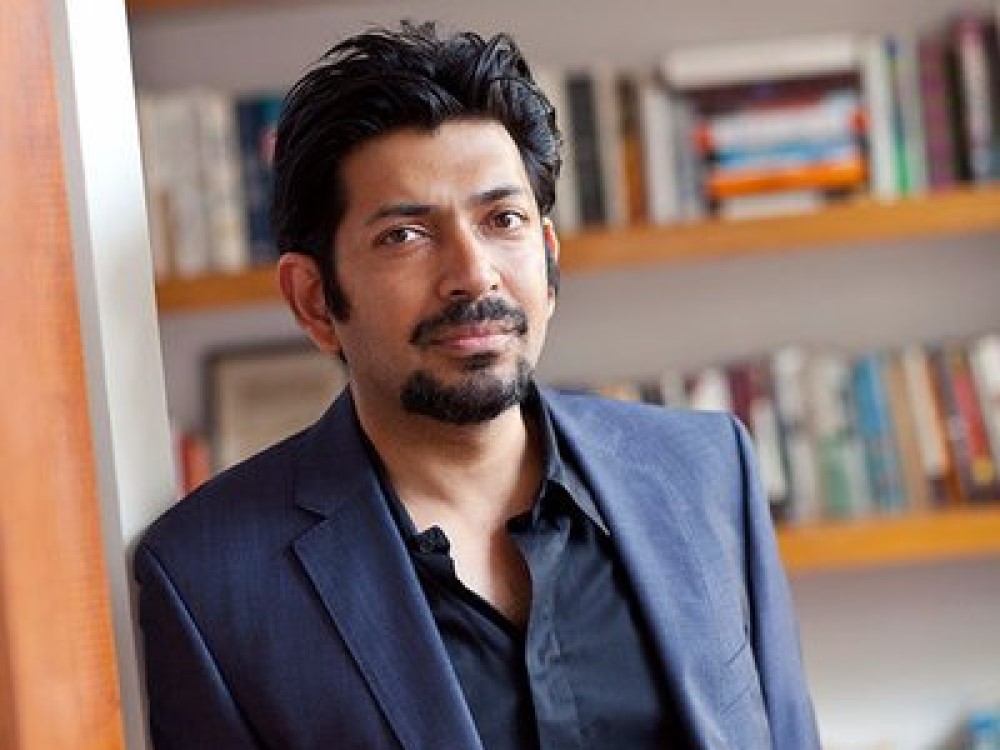
A cancer physician and researcher at Columbia University, Siddhartha Mukherjee added Pulitzer Prize winner to his impressive resume. His book, "The Emperor of All Maladies: A Biography of Cancer," tells the story of cancer from its days in ancient Egypt to its time in gleaming research institutions today. A three-part documentary series based on the book was produced by renowned filmmaker Ken Burns and debuted on PBS in March 2022. Mukherjee's ability to follow up the success of “Emperor” with more critically acclaimed books and essays has led some to include him as a member of that select group of doctor-writers (such as Oliver Sacks and Atul Gawande) who have made the complexities of human health more assessable to a large reading audience. Born in 1970, Mukherjee grew up in India. A Rhodes Scholar, he graduated from Stanford University, University of Oxford, and Harvard Medical School. In 2014, the Government of India conferred on him its fourth highest civilian award, the Padma Shri.
Mukherjee has never drawn a hard line between the humanities and sciences, which is an ability that he certainly honed as a student at Stanford University. In 1989, after completing his education in India, he arrived at the Palo Alto campus. After completing his second biology class, he became fascinated with recombinant DNA and approached a professor with a simple request. "Would you consider having an undergraduate student in your laboratory?" The professor turned out to be Paul Berg, who won the Nobel Prize in 1980 and had never had an undergraduate in his lab until making an exception for the ambitious young man. While working Berg's laboratory, Mukherjee began defining cellular genes that change the behaviors of cancer cells. Later, Mukherjee cited Stanford’s undergraduate seminar, The Humanities of Science, as an inspiration for his medical career. In 1993, he completed his Bachelor of Science in biology from Stanford, graduating Phi Beta Kappa.
In 2018, the Pulitzer Prize-winning researcher returned to where he cut his biology teeth, delivering that year's Presidential Lecture in the Humanities and Arts, which is sponsored by the Stanford Humanities Center and the Cantor Arts Center. The lecture was titled “Notes from the Edge of an Experiment (or Cancer’s Anxieties).” In his talk, Mukherjee outlined the dynamic nature of cancer and how today genetic research is reshaping our fundamental understanding of the disease. Mixing his own research findings with moving stories of the toll cancer takes on individuals and families, Mukherjee reflected on the staggering predictive power of genetic testing for deadly diseases. During the event University President Marc Tessier-Lavigne perfectly summarized Mukherjee as a “Renaissance man,” adding, "[Mukherjee is] a master storyteller who makes scientific cancer exploration come alive for millions of readers around the world."
